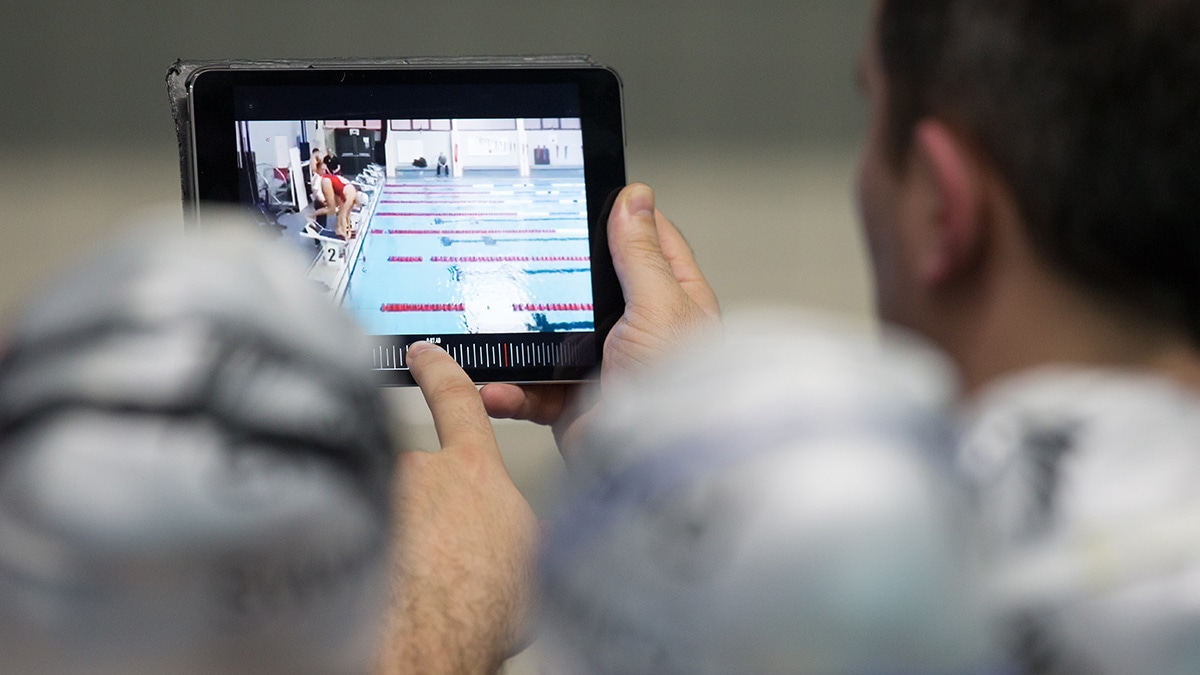
Advice and tips for those looking to get into aquatics coaching
June 7, 2022To mark UK Coaching Week, Swim England’s head of coaching, Lindsay Trimmings, has shared some of her top tips for aspiring coaches.
Become qualified (and enjoy the journey!)
This may sound obvious but coaches can sometimes see the process for obtaining their qualifications as more of a tick box exercise as opposed to relishing the opportunity to learn and develop.
Becoming qualified makes us all better coaches if we approach the opportunity positively and with an open-mind. We feel more competent and confident in our coaching delivery and we get to meet new people who share our passion.
Develop your own coaching philosophy
Be able to explain your values and beliefs and how these impact the way that you coach. Take time to explain these to the people that you work with and encourage them to share back.
Be a chameleon coach
This may seem to contradict what we have just said above, but, despite having your own values and beliefs and preferred ways of doing things, it is really important that we understand our participant’s goals and that we are able to flex and adapt our coaching style to meet their needs.
Create an individual development plan
With so many resources now available to coaches, especially online, it can be really helpful to prioritise the key areas which you want to explore or develop further.
We suggest that you start simply with just three areas of focus.
Find a mentor / buddy
Many coaches work alone in their clubs and it can be really helpful to develop relationships with fellow coaches with whom you can bounce ideas off and talk through any challenges that you may have.
They are likely to share many similar experiences and be able to relate closely to your situation. So much can also be learnt from simply spending time with other coaches, not only in your own sport, but also with coaches from outside of your sport.
Look at their coaching behaviours, how they interact with athletes, how they create a positive culture etc. This is just as powerful as the many formal learning opportunities that are on offer.
Self-reflect
As much as you can learn from working with others, a key part of self-improvement is to dedicate time to think about our own coaching practice.
Curiosity is the key to continual improvement
Stay passionate about the need to continually develop and refine your coaching skills. Ask many questions – there are no silly ones!
To find out more on how to become an aquatics coach, click here.
 Swim England Members
Swim England Members